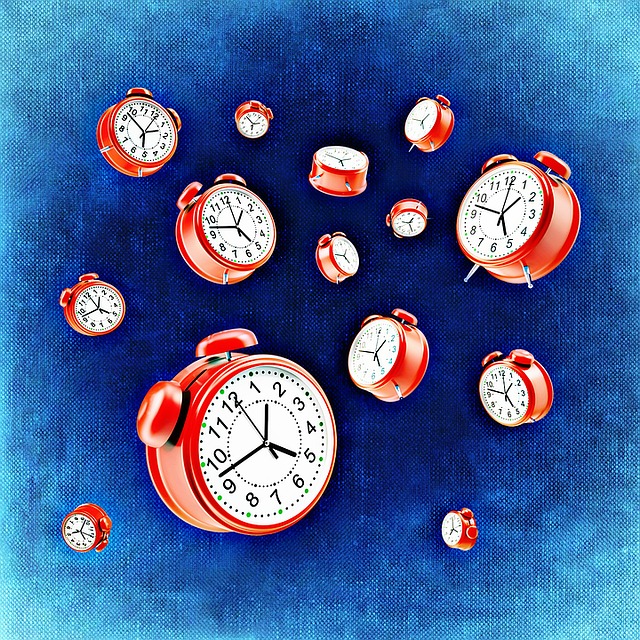Most people don’t think too much about daylight savings time. Sure, when it kicks in (usually in March), we grouse about losing an hour of precious sleep. But within a day or two, life goes back to normal. And when it ends (usually in November), we love the extra hour of sleep. But after a day or two, the charm wears off too. At least that’s the way it is for most people. However, for more than a million Americans, the transition from daylight savings time back to standard time is a mental health crisis, according to researchers at Stanford University, in California and Aarhus University in Copenhagen.
One of those researchers, Aarhus professor Søren D. Østergaard, says that number of depression diagnoses during the month after the transition from daylight saving time is approximately eight percent higher than at any other time of the year. Granted, Østergaard and his colleagues were analyzing data from patients in Denmark, but there’s no reason to believe that things would be any different in the U.S.
And while eight percent doesn’t sound like much, considering that at any given time, 15 million Americans have been diagnosed with depression, that’s an increase of 1.2 million people.
If you think about it, it makes sense that people would be more depressed in the winter. “[T]he transition to standard time is likely to be associated with a negative psychological effect as it very clearly marks the coming of a period of long, dark and cold days,” says Østergaard. But he cautions darkness and weather account for only part of the problem, and that his research has already taken those factors into account. “We are relatively certain that it is the transition from daylight saving time to standard time that causes the increase in the number of depression diagnoses and not, for example, the change in the length of the day or bad weather,” he says.
So what does this mean? “Our results should give rise to increased awareness of depression in the weeks following the transition to standard time. This is especially true for people with a tendency towards depression – as well as their relatives. Furthermore the healthcare professionals who diagnose and treat depression should also take our results into consideration,” says Østergaard.




